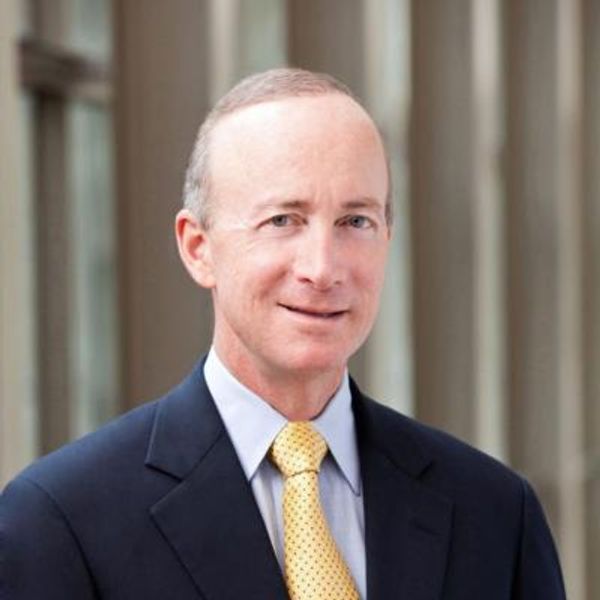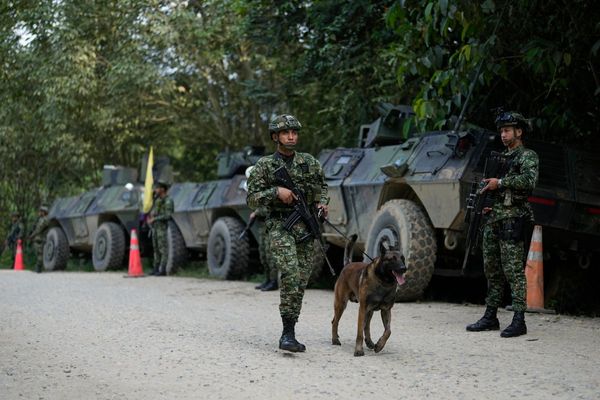A new podcast series from the New York Times is likely to rekindle interest in “Operation Trojan Horse”: an alleged plot by “hardline” Muslims to “take over” around 20 state schools in the city of Birmingham in 2014. Despite numerous investigations being undertaken at the time, no evidence of a plot was found.
Across eight episodes, journalists Brian Reed and Hamza Syed seek to discover the author of the anonymous letter that triggered the scandal. As someone who has lived in Birmingham for more than two decades and has undertaken extensive research into the city’s Muslim communities for most of that, I was conflicted. While it was interesting to investigate who was behind the allegations, I was concerned that this could deflect attention away from the very real way the scandal has had a negative impact on the lives of many ordinary people. It’s important for me that others understand how the legacy of the affair is still felt today: both the city of Birmingham and its Muslim communities continuing to be perceived as problems.
Accusations of extremism in schools
The allegations were made in an anonymous letter published in the Sunday Telegraph. This alleged that teachers and governors in certain schools were being systematically overthrown and replaced by people who would run the schools according to conservative Islamic principles.
Michael Gove, then minister for education, appointed the former counter-terrorism chief Peter Clarke to look into the allegations. This decision signalled an important shift. By bringing in a counter-terrorism chief, Gove was making it clear that this was not just seen as an educational issue – it was an investigation into potential extremism. West Midlands Police even voiced concerns about this sent to the city’s Muslims.
And, indeed, no evidence emerged. Not of terrorism, violent extremism or radicalisation in any of the schools examined.
Yet the response from the government was that more needed to be done to tackle the problem of extremism in schools. The UK government’s solution was to embed the teaching of “fundamental British values” in schools, effectively attributing the “problem” to Muslims. While most have since carried on as normal, local schools and the communities they serve have continued to suffer the consequences.
Lasting legacy
In a telling moment from the podcast, former pupils of a Trojan Horse school explain that they fear saying which school they attended because of the potential detrimental impact it might have on their future education or career prospects. They fear guilt by association – that they will be seen as extremists or at least sympathetic to extremist views. For me, the shadow of Trojan Horse has the potential to stigmatise a whole generation of Birmingham’s Muslims.
Read more: Operation Trojan Horse: examining the ‘Islamic takeover’ of Birmingham schools
The truth is that this stigma started long before Trojan Horse. When the story broke, I had already been doing research into “Project Champion”, which saw more than 200 CCTV and ANPR cameras –some overt, others covert – installed around two of the most densely populated Muslims areas in the city. These were initially explained as an initiative to reduce street crime but it eventually emerged that both West Midlands Police and Birmingham City Council had lied. The cameras had been funded using counter-terrorism money.
By the time they were dismantled in 2011, the city’s Muslim communities were feeling increasingly anxious and ever more marginalised. Others in the city concluded that there was no smoke without fire – a theme that will resonate with anyone coming to the Trojan Horse story via the podcast.
A ‘hotbed of extremism’
Before the podcast, many people outside of the UK will have had their introduction to Birmingham when so-called terrorism expert Steve Emerson described the city on Fox News as “totally Muslim where non-Muslims simply don’t go in”. He was rightly mocked but there is something in the suggestion that Birmingham and its Muslim communities have become synonymous. This was evident after Khalid Masood killed five people in London in 2017. Despite having lived in Birmingham for less than a year, Masood somehow became a symbolic representation of the city. The Financial Times described Birmingham as a “hotbed” of Islamist extremism and the Independent referred to a “breeding ground for British-born terror”.
Asking “how did Birmingham become the jihadi capital of Britain?” the Daily Mail added that a few miles from where Masood lived was Sparkbrook, where 26 of the country’s 269 “jihadis” had allegedly been “produced”. Just as with the Trojan Horse scandal, a selection of dots was connected to reach a convenient conclusion with apparently little thought for the wider repercussions. For those looking at Birmingham, the city’s problem was the city’s Muslims.
As the podcast explains, the evidence underpinning the Trojan Horse allegations was extremely flimsy. That they were taken so seriously is in many ways utterly bewildering. So, too, the impact the anonymous allegations have had – despite being proven to be unfounded. The belief that there’s no smoke without fire has had a very real and very detrimental impact on Birmingham and its Muslim communities. This will be true long after any interest in the new podcast has waned.
What did you think of this article?
Great | Good | Okay | Weak
Chris Allen does not work for, consult, own shares in or receive funding from any company or organisation that would benefit from this article, and has disclosed no relevant affiliations beyond their academic appointment.
This article was originally published on The Conversation. Read the original article.







